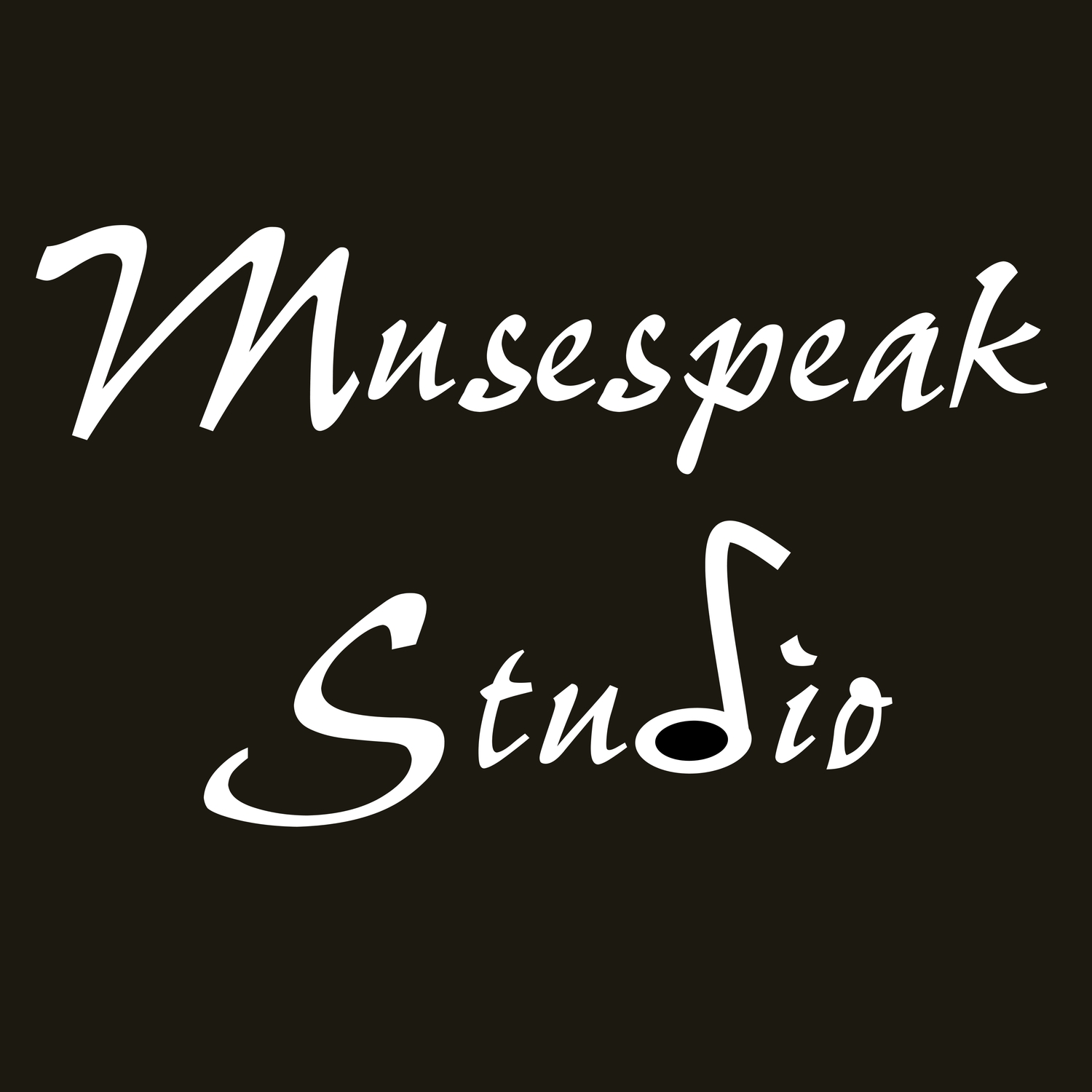Last year, Conservatory Canada released their Contemporary Idioms syllabus. I must admit, I was slow to get on the bandwagon at first, partially because I wanted to hear comments from other teachers and partially because I wanted to take my time looking over the requirements. A few weeks ago, I sat in on one of ConCan's workshops on the syllabus. Unfortunately, I could only attend one out of the four sessions.
Derek Stoll and Steven Fielder made the workshop exciting, interactive and dynamic. It's an exciting program. I imagine teachers are seeing this as a way to keep some students from quitting in frustration because "piano is boring" or because they "hate their songs".
Students study a variety of the contemporary genres: rock, ballad/blues, jazz, swing, Latin, traditional/folk and ragtime. Unlike the traditional conservatory systems, memory isn't stressed. However, students don't get off quite that easily. They need to learn their chords extremely well because they are expected to sight-read and improvise off a lead sheet (or jazz chart). They have to determine which style is appropriate for these selections (e.g., swing pattern, waltz, Latin).
In addition, the technical requirements are very challenging. My older students and I are finding that after years of playing the good old major, harmonic and melodic minor scales, our fingers and brains are running circles with the old church modes and jazz melodic minor scales. We'll get it though, with a lot of patience and practice! Thankfully, we agreed to use this year to learn the new requirements and to simply explore the program. Next year, they'll be more comfortable to take the test.
I actually don't mind learning all these "new" scales. I've been itching to play different technical exercises. Although adding a new program into my studio means the investment of more music (so close to RCM's upcoming release of their new syllabus and books), I am drooling over all these songs that I can add to my gigging repertoire.
My 10 or so students who are trying out the program are enjoying it so far. Some of them are a little frightened about improvising in a certain style or the new technical requirements or reading from a lead sheet but overall, the switch has re-energized their playing and practice. One mother commented that her daughter is practicing "all the time" now, which wasn't the case last year.
The program is not without glitches. I heard there were a few bumps during the last exam session. ConCan was quick to update their syllabus online to reflect the feedback they received from students and teachers. I wrote them yesterday, requesting they ensure the next edition of the syllabus includes the correct book titles as Rideau Music and I have had a tough time tracking down some of the books. They responded to me right away, assurring me that they will make the necessary corrections.
It's a bit of a challenge to figure out how the eight-level system compares to the traditional 10-grade system. ConCan clarified things a bit for me there as well. Level 1 corresponds to Grade 1 in the RCM and CoCan Syllabi. Level 4 is about Grade 5/6, while Level 8 is the equivalent to Grade 10 in the traditional programs. I have heard some teachers say that they're not going to teach beyond Level 4 (some up to Level 6). Lucky me, I have three in Level 4/5, three in Level 7 and one in Level 8.
The program isn't for all teachers or all students, but that can also be said for all the conservatory systems and beginner method books. Some students are clearly "Royal Conservatory" or "Conservatory Canada" material. Then, there are the students who could thrive in either system. And then, there's the group of students who are "just playing for fun".
Regardless of which stream is best for a student, we can incorporate elements from the other programs to enhance our students' musical education.
It is wonderful to see how the resources and programs are evolving to meet the needs and interests of students and teachers.
(c) 2007 by Musespeak(tm), Calgary, AB, Canada. All rights reserved.
